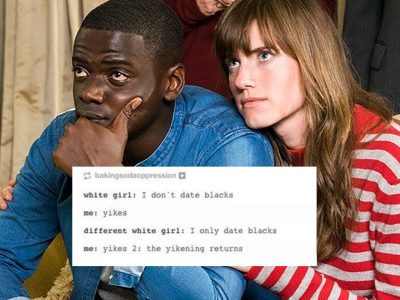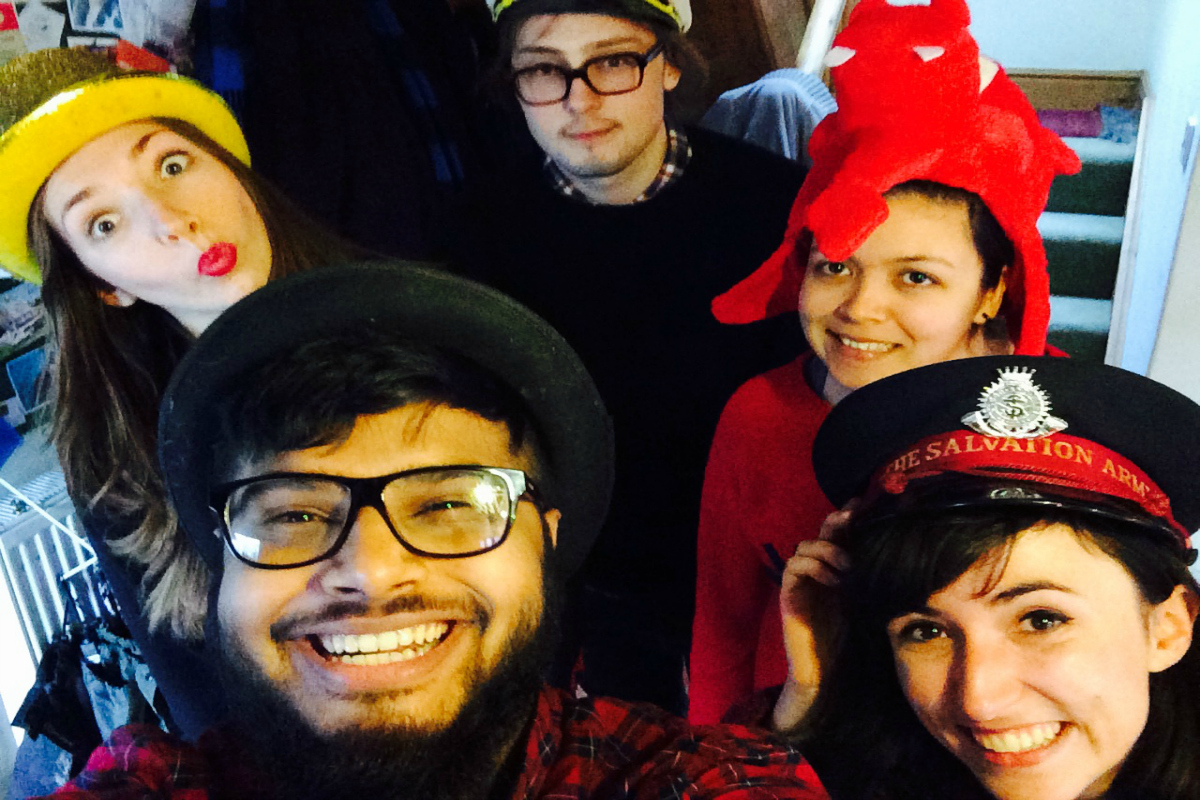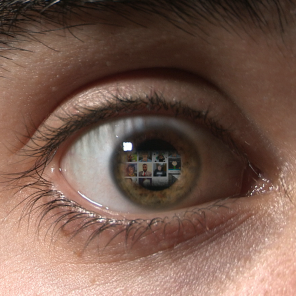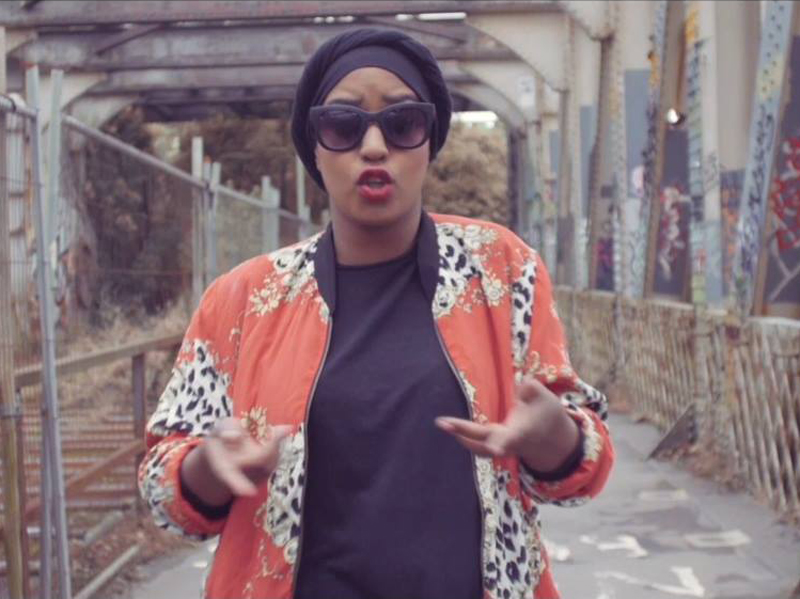Joe Was ‘Ere is uncovering the unseen victims of addiction through film
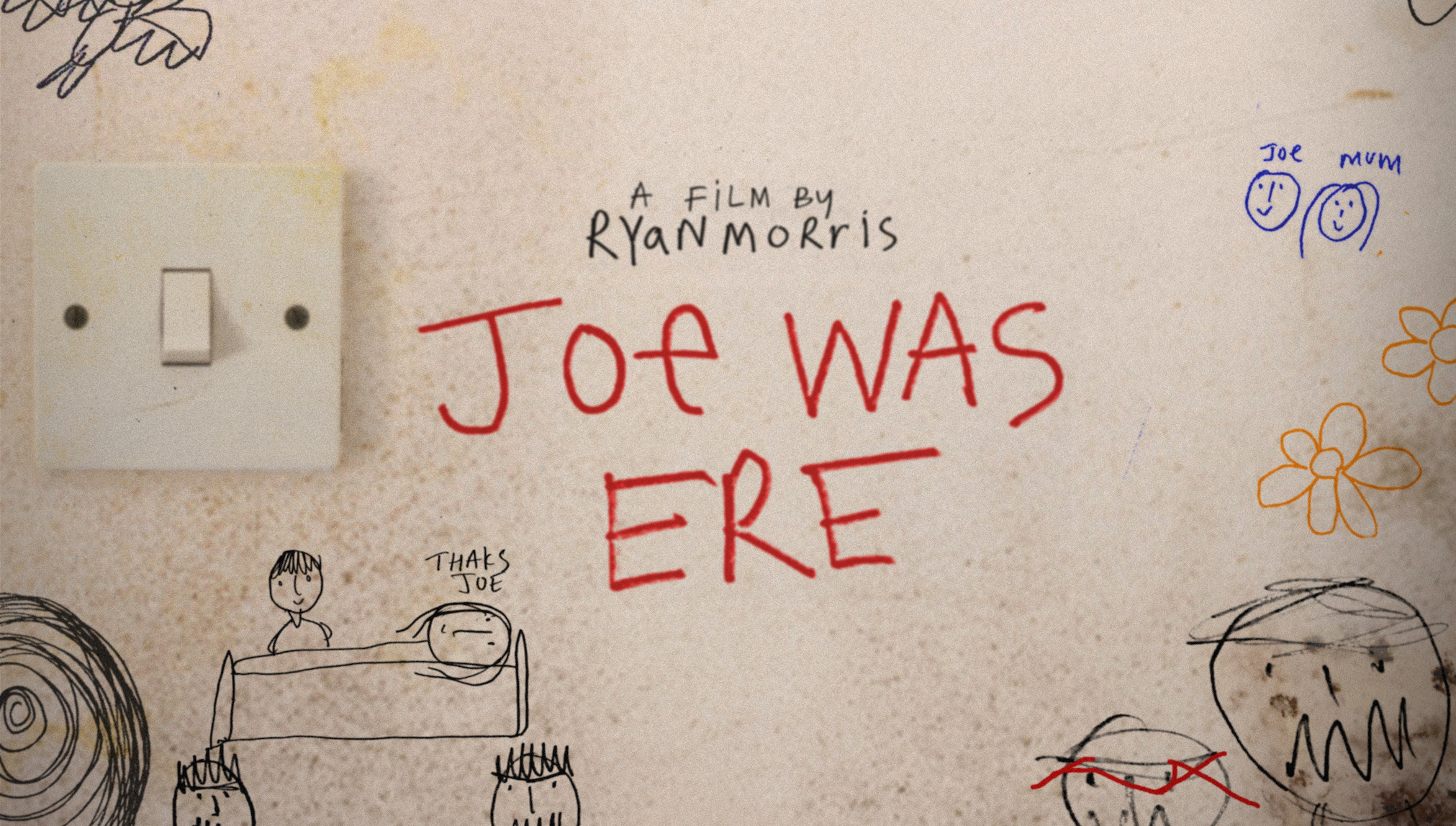
Rife caught up with writer-director Ryan Morris and producer Amir Majlessi to find out more about the film they’re crowdfunding
Ryan and Amir are two of the small team behind a new Bristol-based film, which will tell the story of a little boy and his mum’s devastating drug addiction. They’re passionate about starting conversations about drugs that include those that are affected indirectly by addiction. We chatted with them about their plans and how to get involved in the project.
Tell us about the film.
AMIR: “Joe Was ‘Ere” is a short coming-of-age drama about a lonely eleven-year-old boy navigating his mother’s heroin addiction. It deals with loneliness, trauma, loss of innocence, the devastating effects of drug abuse and the quest for maternal love.
RYAN: I really wanted to make something from the point of view of a child – how they would view substance abuse in a parent and how it would shape them. There’s a fusion between the imaginative, dreamlike view of a child and harsh moments of reality. It’s a very personal film to me. I drew inspiration from other children I knew on my estate growing up.
Who will be involved in making the film?
RYAN: It’s being written and directed by myself and produced by Amir. I’m a young filmmaker from Bristol, so to come back to my roots and be able to make a film here about something really important to me is a great privilege.
AMIR: We’re both young filmmakers, we’ve got a few shorts between us. Ryan’s student work ‘Morris By Himself’ was selected for a regional RTS award, and my last short, ‘Crashing Waves’, got into festivals like London Short Film Festival and Aesthetica. What’s fascinating about Ryan is that he makes these very personal yet stylised films. He uses artistic expression to translate subjective points of view on screen. His previous work has been semi-documentary, so I’m very excited to see how he tackles his first narrative fiction.
For me, I’m interested in work that looks at the society we live in. ‘Crashing Waves’ was about gay identity and got selected to be part of the British Council’s ‘Five Films For Freedom’, which showed work about LGBTQ issues in countries that had restrictive laws on that kind of relationship. It really showed to me the power cinema can have on real world issues.
Some of the crew and the cast will be young talent. What do you think this adds to the production?
AMIR: Young people have a drive and hunger to make their mark, so we’re going to get a lot of boldness and experimentation with this film. I think with young talent, there’s a desire to take risks and do something new, which is what makes me excited about this project. ‘Joe Was Ere’ is looking at issues that aren’t really spoken about in mainstream media, and looking at them in an unconventional way.
RYAN: As a young person myself, I just want to extend this opportunity to other young people. We need fresh, authentic voices onscreen, and we’re only going to get that by inviting young talent to step up and make their own work. Every head of department is going to be someone young, keen and hungry to show their skill and voice.
Why is it important for you to make it?
RYAN: It’s very personal to me. I’m making it for the kids I knew who had experiences like this. I feel that all too often, you’ll have middle-class filmmakers making stuff about issues that affect working-class people. Where’s the authenticity? This is a really devastating issue – how substance abuse can affect families – so it needs to be looked at in a delicate and authentic way.
AMIR: We really want to raise awareness around how substance abuse affects children. There’s a real taboo around speaking about it and around people getting help. We’ve been partnering with some fantastic individuals and organisations like Dr Mike Pierce and the charity Hawkspring, and we know the struggle they’ve gone through to get this issue spoken about and seen. We want to look at this partially because it needs to be looked at in an empathetic light, but also because children in situations like this have become silent victims, and they need a voice.
Why is Bristol the best place to make this film?
RYAN: Ever since I had the idea of being a film-maker, I’ve always wanted to make a film set in the estates I grew up in. Bristol is my city and I couldn’t make this film anywhere else.
AMIR: Bristol is burgeoning with young creative artists. In 2017 it was designated a UNESCO City of Film. There’s a lot of fantastic film and TV being made in Bristol, and young people are getting great opportunities to work on sets. On ‘Joe Was Ere’, they’ll be forming and leading the project. Beyond that, Bristol has such a warm and inviting sense of community. There’s a unique kindness to people in Bristol. We’ve been speaking to members of the community, local businesses and groups to help make this film, and everyone’s been very generous in helping us. It’s because of that generosity that making a film like this on limited resources is possible.
What would you like people to take away from watching the film?
RYAN: I want people to ask questions while watching it, and start conversation around substance abuse and the neglect thousands of children across the UK have to endure day in, day out. I think most importantly that someone can watch my film who grew up in the same place as me and think, ‘Yeah, I can do that too!’
AMIR: We want to start a conversation around how substance abuse affects families. We want people to think about this in a different way, to have a new empathy for it. I want people who’ve got somewhat stereotypical views on things like this, to take a step back and take a wider view on it. When someone falls to substance abuse, everyone around that person also becomes a victim. If we’re going to start tackling it, we need to start talking about it to remove the stigma.
Is there anything else you want to say?
We need help making this film. We’ve got some funding, but not all of it. So, we’ve launched a Kickstarter campaign, where you can find out more about the film and help bring it to life by supporting us. We have some great perks that might be of interest too.
Follow us on the project on Facebook, Twitter, Instagram and YouTube.

